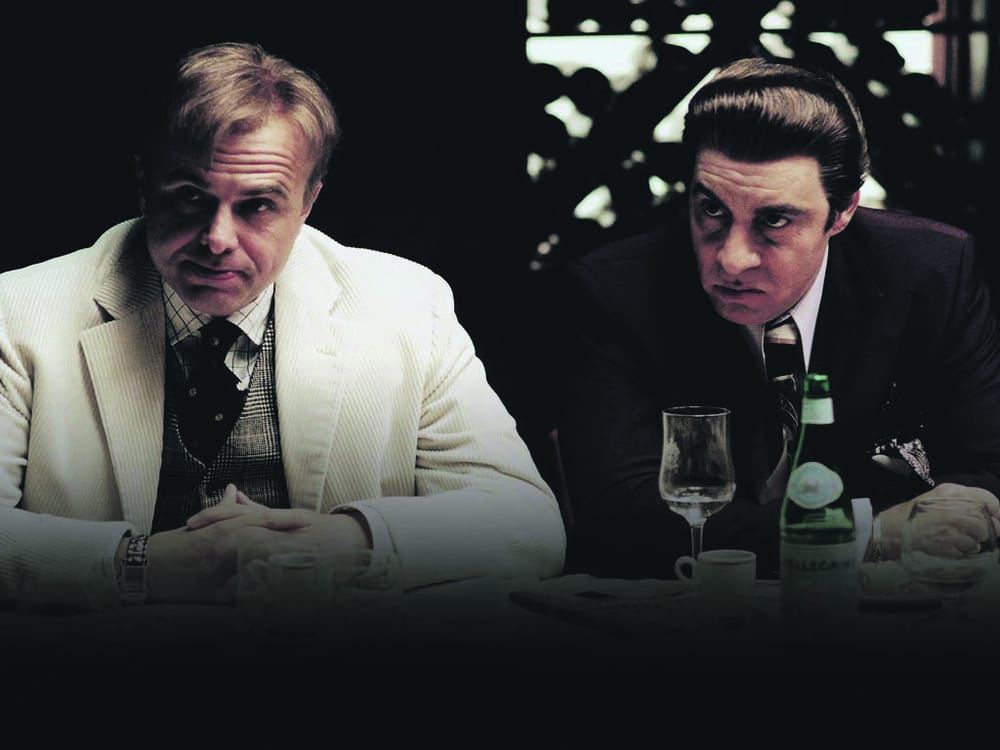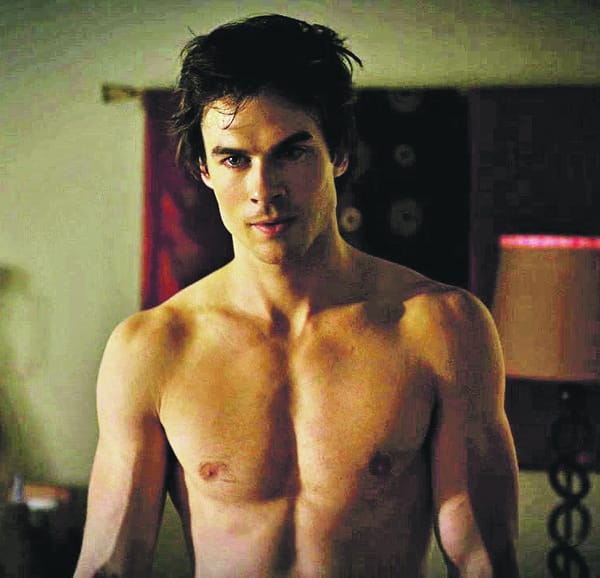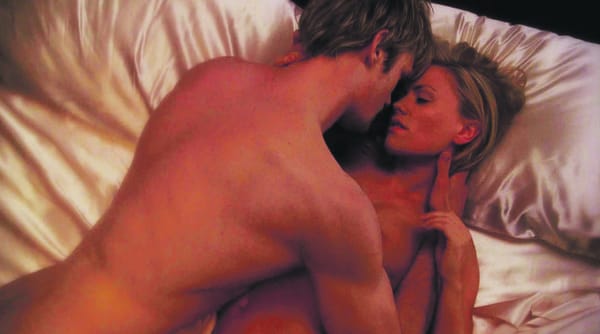Our HBO-fest continues
Continuing our series on Sky Atlantic, Vicky Jeyaprakash and Navid Nabijou dice with death with two of the edgiest shows in recent years

The Sopranos
“A rich exploration of the paradoxes of modern life that will leave an impression on all who give it a chance.”
Perhaps no other series to date has had a greater impact on television as The Sopranos, writes Navid Nabijou. Exploding onto the airwaves in 1999, it came as a massive shock; never before had a show of such consistently high quality been witnessed. In that sense, it set the precedent for all that followed. Mad Men, Six Feet Under, The Wire; all can trace their heritage back to The Sopranos.
Leading the ensemble cast is Tony Soprano, family man and professional mobster. His life is spent juggling the often-conflicting demands and pressures of his two “families”. On the one hand, there is his wife, Carmela, and their two teenage children, along with all the complications, tensions and arguments that inevitably arise. On the other hand, there is the New Jersey crime syndicate; a powerful and sinister organisation, which still in a certain sense operates like a very large, very dysfunctional family.
The series has been showered with critical acclaim, and for a very good reason. The Sopranos is a truly monumental work of fiction; an all-encompassing event, that weaves together all of the themes central to the human condition: morality, religion, sex, money, death. Every episode constitutes a virtuosic psychological and philosophical exploration; a concentrated dissection of the deepest and darkest elements of man.
Far more important, though, than what is said, is what is not. In The Sopranos, subtext is everything. It’s like a really well-written novel; you have to read between the lines. As in reality, the inner lives of the characters are evoked not in soppy, gushing monologues, but rather through those little nuances of speech, those slight glances, those subtle shifts of body language that give everything away. Dream sequences are employed masterfully, carrying a wealth of bewildering symbols and hidden messages that cry out for interpretation (a far more mature and realistic representation of dreams than is usually found). And to top it all off, there are Tony’s therapy sessions: here, if anywhere, one might have hoped for some clarity; and yet these scenes tend to be the ones most fraught with subtle undertones and dangerous mind games.
And yet for all its weight, The Sopranos is eminently enjoyable and also very funny: indeed, humour is often used as a device for conveying incredibly profound (and sometimes tragic) messages. Above all, it’s a series that knows how to enjoy itself; a series which realises that wisdom is not always equivalent to seriousness.
The Sopranos is important. It is a rich, impassioned and truly unique exploration of the paradoxes of modern life. Its sheer force will leave a permanent impression on all who give it the chance. In my view – and not just in my view – this show completely outstrips the competition, taking pride of place as the greatest television series of all time.
Six Feet Under
“It was the story of dysfunctional family of undertakers whose lives unfold while dealing with the day-to-day reality of death.”
The genius of Alan Ball knows no bounds, writes Vicky Jeyaprakash, and Six Feet Under is a perfect example. It was the story of a dysfunctional family of undertakers whose lives unfold while dealing with the day-to-day reality of death. The series normalised the grim reality of death in their lives while the characters railed against it by embracing life. In doing so they indulged in various forms of sex, drugs and human pettiness. The intelligence of the writing however never let this slip into gratuitousness and was dealt with, with such a deft hand and sly humour that it was a thing of beauty (unlike the kickass True Blood).
The excellence of the cast cannot be downplayed with the incredible Michael C Hall (Dexter) and Peter Krause (Sports Night) playing the two brothers who ran the Fischer funeral home after the death of their father, with Francis Conroy playing their highly strung matriarch who was trying to keep the family together. With a confused younger sister and warring business partner to battle, the series was never shy of drama, with each week beginning with the death of a person, which was sometimes brutal but often amusingly ordinary. In fact, death frequently took on a surreal element with corpses speaking and ghosts of past characters haunting the family. This conceit was oddly not generally played for scares but for grim humour with the characters who now knew all mocking those that were left behind.
The mixture of drama, black humour and sheer tragedy this show balanced rarely faltered and makes the show one of the most consistent I have ever seen over 5 seasons. This is mostly due to the wonderful cast rarely putting a foot wrong, with a great script to back them up. Surprising I have managed to get this far without mentioning one of the most complex female characters to have appeared on TV, played by the talented Rachel Griffiths (presently stuck in the mire that is Brothers and Sisters) whose Brenda was often the highlight of the show. I cannot emphasize how much I would recommend watching this show if you didn’t have a chance the first time around (I suspect for many of you, you would have been in single digits). With one of the best finales of all time this is a show rich with layered characters who are unafraid to be selfish and cruel to each other while still being engaging and ultimately sympathetic.







